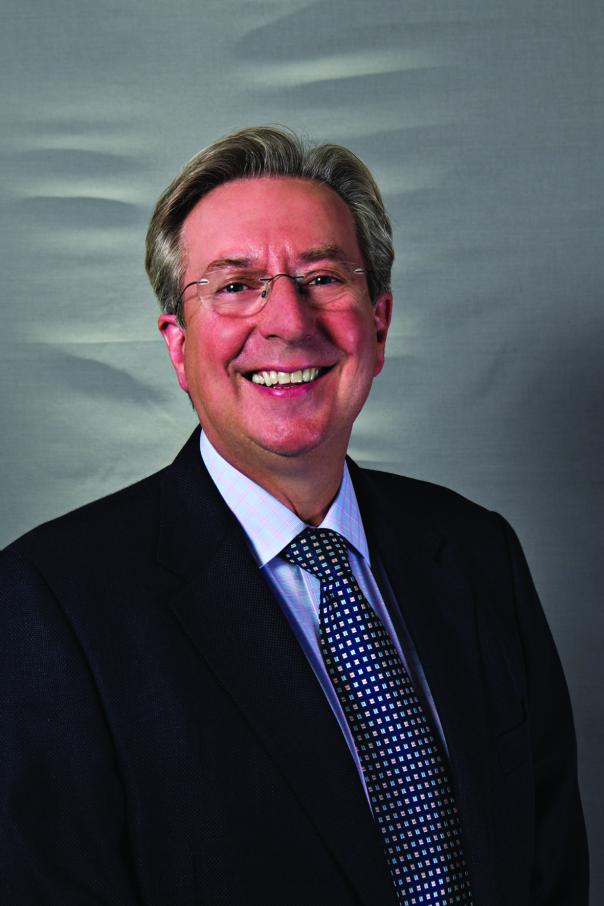
Cost Sector Catering: What have been the main challenges and drivers for Lavazza?
Barry Kither: Brexit will dwarf all other challenges. The biggest threat is whether it’s a long-term issue.
The euro versus dollar conversion rate is affected because we all buy coffee in dollars. Price increases are not good for premium brands and Lavazza in Italy will do everything to avoid that. Currently, we are affected by the euro-pound conversion rate on our business in the UK because we buy coffee from Italy.
We’ve been outgrowing the market because we are more flexible. But now we shall have to push even harder just when we thought we were doing so well.
Brexit will slow down consumer spending – for instance, people are now sub-consciously thinking that their holidays are more expensive – and the high street is already experiencing that. But coffee is terribly resilient and people still think of it as an affordable treat.
Operators have massive margins anyway. They won’t go above Starbucks and Costa’s price level. Any more and consumers won’t like it. The UK already has some of the highest prices in Europe. It’s €1 for an espresso in Italy; in Harrods, it’s £4.50.
What advice are you offering customers?
Operators have to keep the quality high. The old idea of wet, warm and cheap doesn’t do any more. The average consumer has been to Starbucks and Costa, which do a pretty good job, so other outlets have to as well.
They have an edge because they can give an independent level of service – saying hello and being cheerful. In a crisis like now, consumers spending money want to be appreciated as well.
We are client-driven because contract caterer dominance means they will go for the cheapest. But if a client wants real brands and real coffee, we’re happy to go where a higher standard is required.
Are you working on any initiatives/partnerships relevant to cost sector operators?
We have worked with BaxterStorey and Compass, and Lavazza was at Royal Ascot with Sodexo. We’re not saying we go into all their outlets but we do well at certain events.
If there is a client willing to pay more for a good cup of coffee, we will help. If a client isn’t happy with their quality of coffee, they tend to ring us.
We don’t provide the full equipment like others, and we don’t go in and try to be the cheapest. It’s got to be an affordable luxury. The client may say it is prepared to pay 1p more a cup because of fewer complaints.
What are your bestsellers?
Our bestseller is mid-range Super Crema, a good espresso that’s strong enough to cut through the milk. At least 90% of our drinks are milk-based.
Our ethically sourced Rainforest Alliance-certified Tierra espresso has been established for ten years, but our Tierra Origins are new.
Any trends spurring on current NPD plans?
We have lots going on at the moment but not necessarily in the UK. We now have a development chef who previously worked in a Michelin-starred restaurant because we are trying to stretch the boundaries of coffee – inclusions of coffee not just in desserts but also in main meals.
It adds bitterness and if you add too much it ruins the dish; you just need a hint. It won’t lead to volume increase but it will enhance the products.
If you had one wish for the rest of 2016, what would it be?
For the pound to recover … I hope we get our mojo back from this uncertainty. It’s the worse thing in business and the knock-on effect of Brexit is that it’s not entirely economics but politics, and we need politics to calm down.
However, there are good and positive signs, and we now have a woman running the country who is the best of the bunch.